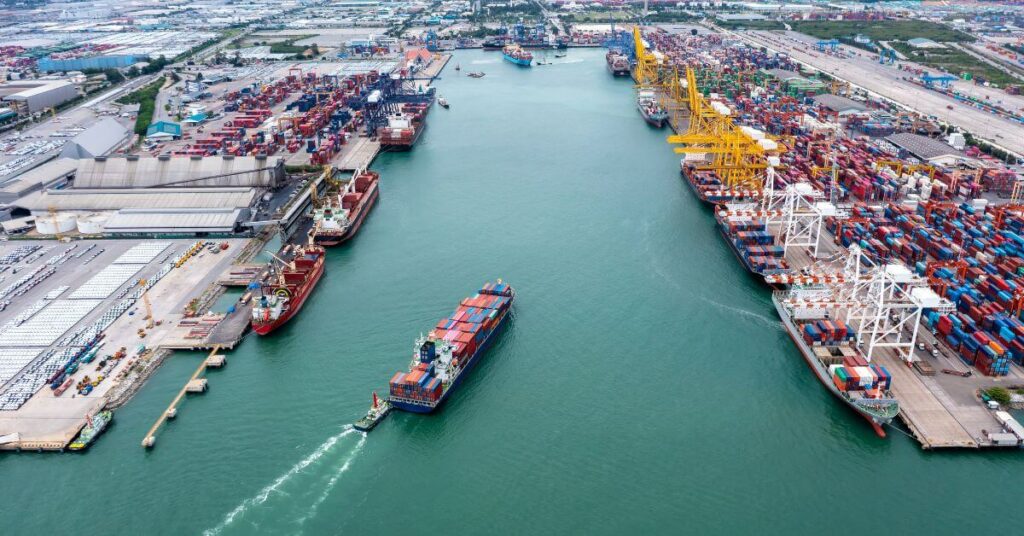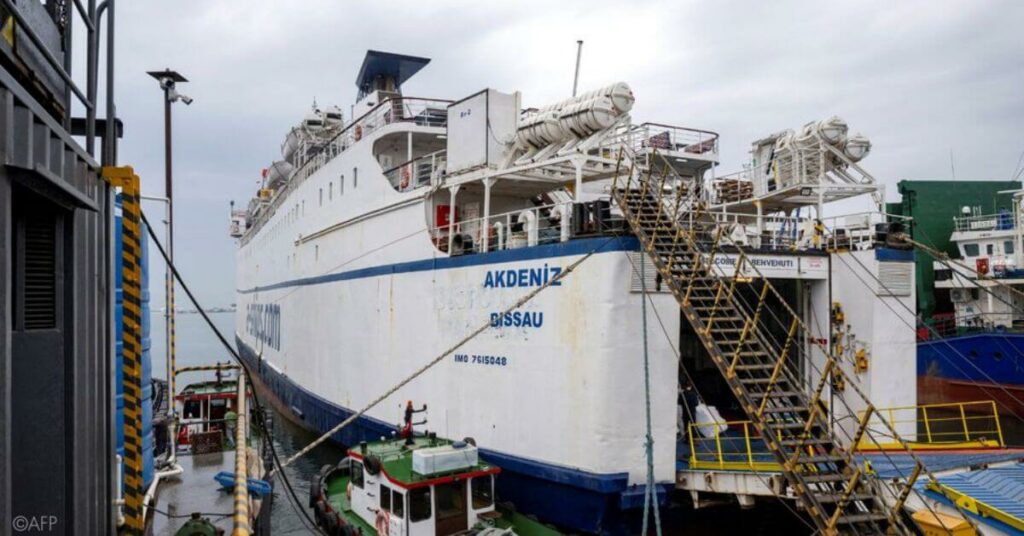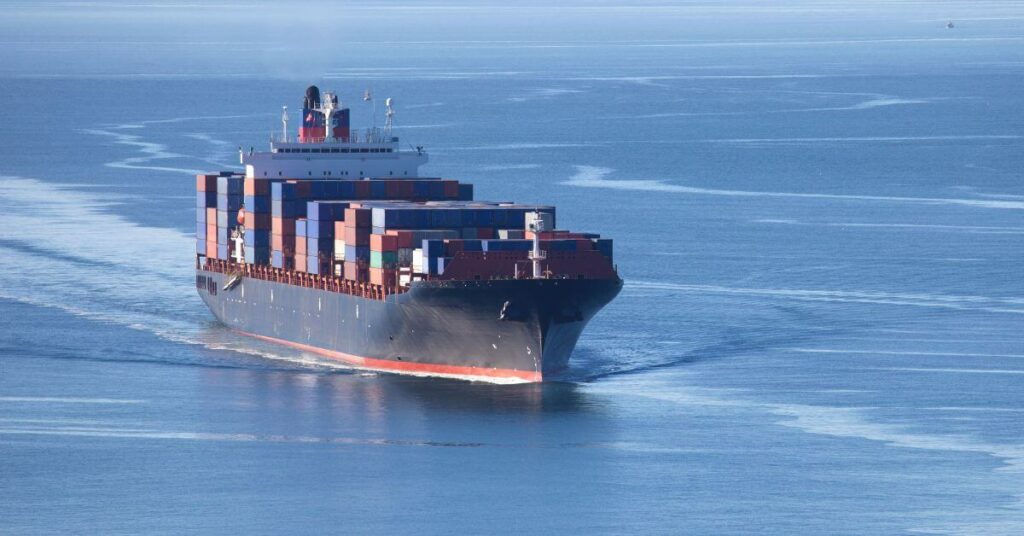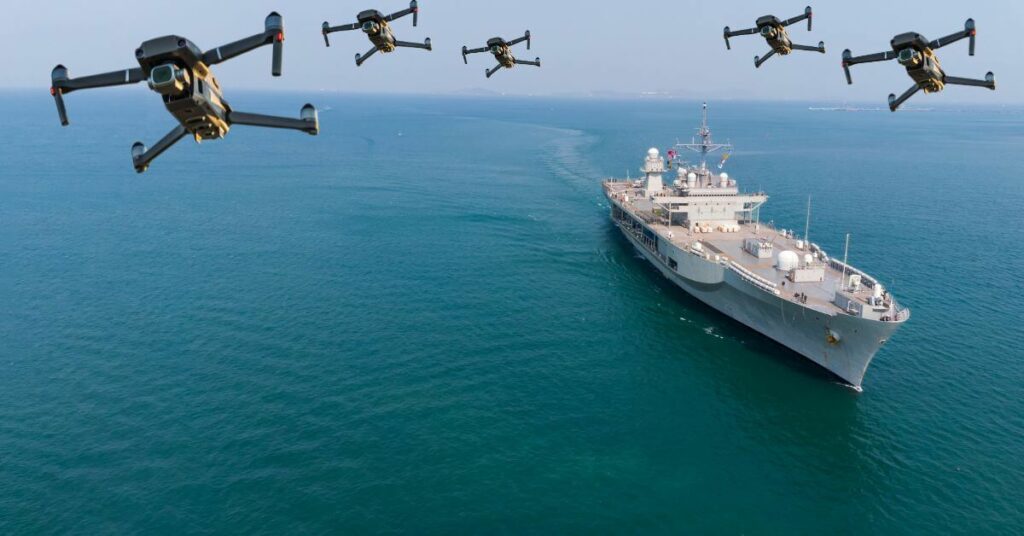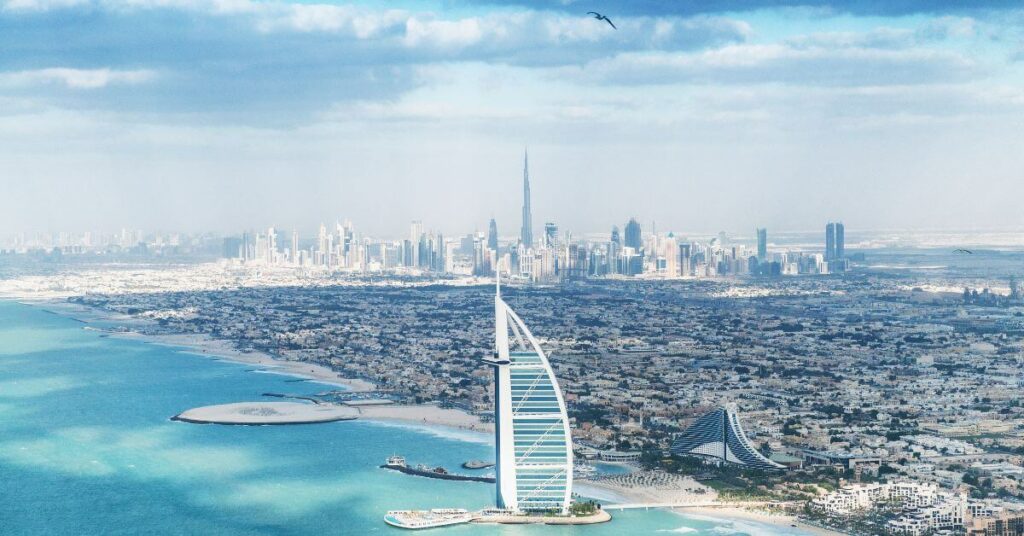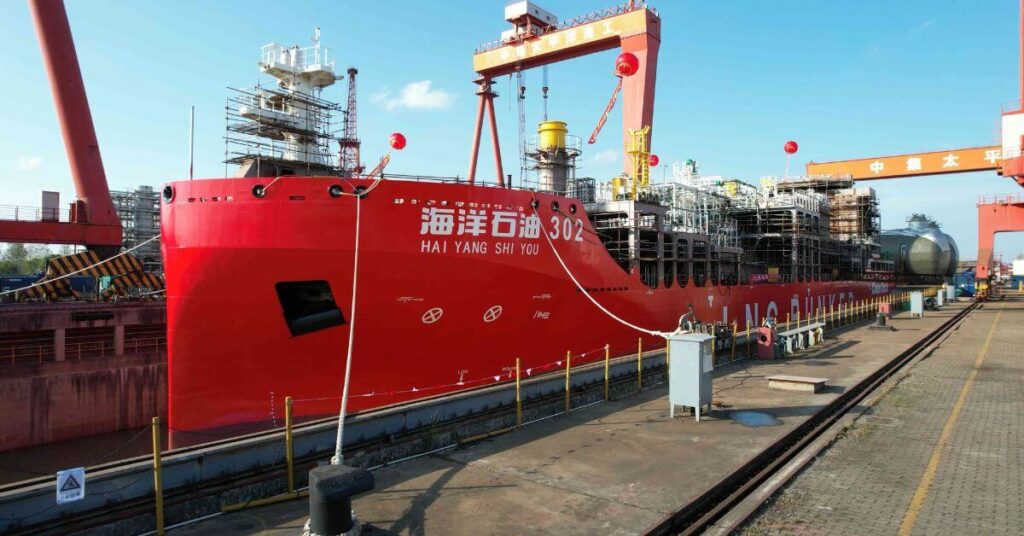Maersk Develops Groundbreaking System For Fresh Water Delivery From Vessels To Ports

The scarcity of fresh water is an increasing issue encountered by regions worldwide.
Four billion people — nearly two-thirds of the world’s population — experience intense water scarcity for at least a month every year, and half of the population might be living in regions encountering water scarcity by 2025.
Given this background, a team of three employees associated with A.P. Moller–Maersk (Maersk), primarily former seafarers, were determined to embark on an innovative project that can store and deliver fresh water from vessels to ports.
Cargo vessels undertaking international trade boast freshwater generator mechanisms. These produce clean drinking water by distilling seawater and utilizing heat energy harnessed from the engines.
Conventionally, this system has been used to produce water for consumption on the vessels. However, the excess water has been overlooked.
This untapped resource is capitalized on through such an innovative project by optimizing the procedure and storing excess water in the tank containers before delivery at the ports.
Each vessel can fill up two tank containers on an average sea journey between two ports.
With the procedure optimized and the tank containers stored at the proper location on the vessel, two tank containers with a cumulative capacity of about 50,000 litres can be loaded with fresh water.

Among the first pilot runs were deliveries at the ports of Colombo and Salalah of two tank containers, each loaded with 25,000 litres of fresh water.
A crucial element of the success of this project is its adherence to environmental and quality standards.
The water quality, sampled by the Ceylon Institute of Scientific & Industrial Research, an official laboratory of the Sri Lankan Government, satisfied World Health Organisation (WHO) standards, thereby underscoring the commitment to sustainability and safety.
Moreover, a Life Cycle Assessment (LCA) analysis conducted by the Danish Technical University has furnished practical insights into the project’s environmental effect, comparing it against conventional tanker truck water delivery techniques.
The freshwater generated and delivered via such an innovative project can be used in different ways: Consumption at the port facilities for cleaning, sanitation, and maintenance of offices, restrooms, and warehouses.
Ship repairs at the yards, cleaning vessels, work areas, and tools; container washing before storage or reuse; and firefighting at the port facilities in case of emergencies.
Power generation at power plants in ports for cooling systems or other procedures.
Besides, fresh water can be distributed for humanitarian reasons by transporting it to the hinterland for use by those societies suffering acute water scarcity.
Reference: Maersk
Disclaimer :
The information contained in this website is for general information purposes only. While we endeavour to keep the information up to date and correct, we make no representations or warranties of any kind, express or implied, about the completeness, accuracy, reliability, suitability or availability with respect to the website or the information, products, services, or related graphics contained on the website for any purpose. Any reliance you place on such information is therefore strictly at your own risk.
In no event will we be liable for any loss or damage including without limitation, indirect or consequential loss or damage, or any loss or damage whatsoever arising from loss of data or profits arising out of, or in connection with, the use of this website.
Disclaimer :
The information contained in this website is for general information purposes only. While we endeavour to keep the information up to date and correct, we make no representations or warranties of any kind, express or implied, about the completeness, accuracy, reliability, suitability or availability with respect to the website or the information, products, services, or related graphics contained on the website for any purpose. Any reliance you place on such information is therefore strictly at your own risk.
In no event will we be liable for any loss or damage including without limitation, indirect or consequential loss or damage, or any loss or damage whatsoever arising from loss of data or profits arising out of, or in connection with, the use of this website.
Do you have info to share with us ? Suggest a correction
About Author
Marine Insight News Network is a premier source for up-to-date, comprehensive, and insightful coverage of the maritime industry. Dedicated to offering the latest news, trends, and analyses in shipping, marine technology, regulations, and global maritime affairs, Marine Insight News Network prides itself on delivering accurate, engaging, and relevant information.

About Author
Marine Insight News Network is a premier source for up-to-date, comprehensive, and insightful coverage of the maritime industry. Dedicated to offering the latest news, trends, and analyses in shipping, marine technology, regulations, and global maritime affairs, Marine Insight News Network prides itself on delivering accurate, engaging, and relevant information.
Latest Shipping News Articles You Would Like:
Subscribe To Our Newsletters
By subscribing, you agree to our Privacy Policy and may receive occasional deal communications; you can unsubscribe anytime.




